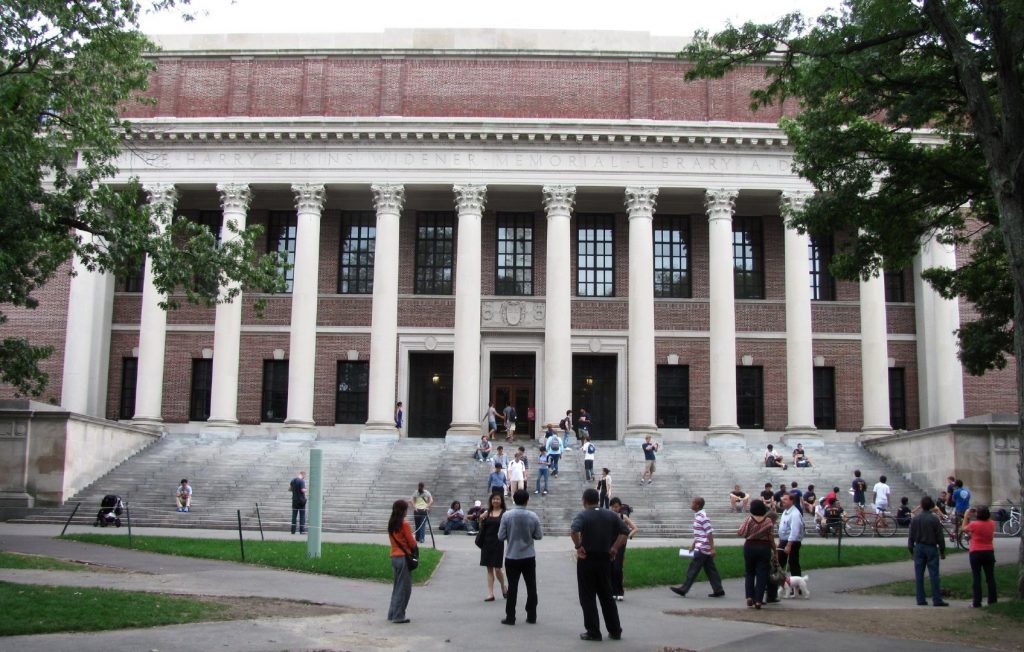
哈佛医学院(HMS)即哈佛大学医学院,是世界上最顶尖的医学院,它因高超的医学技术与每年录取的学生最少而闻名世界。
想要出国访问学习的小伙伴看过来啦,哈佛医学院干细胞生物学、免疫学、癌症生物学、RNA / DNA测序、T细胞受体测序、计算生物学方向正在招收访问学者、博士后!51访学网小编每周定时更新最新的访学招聘信息,感谢关注51访学。
Postdoc/visiting scholar/Student/Technician Positions at Harvard Medical School
Immediate postdoc, student or technician positions supported by NIH R01 grants are available. The main focus of the laboratory is to investigate novel immunological aspects of stem cells and their niche.
We are testing whether the niche acts as an immunological sanctuary for stem cells, termed an immune privileged site, which
1) protects stem cells from stress and inflammation
2) promotes engraftment of transplanted allogeneic stem cells,
3) shields malignant stem cells from immune attack and therapeutic insults, including tumor immunotherapy.
Immune privilege was originally demonstrated in the 1950s to exist within the testis and placenta—organs accommodating embryonic and germline stem cells.
Although more recent stem cell research has identified various tissue-committed stem cells and their microenvironments, or niches, the niche has not been discussed in the immunological context. Little is known about whether niches are immune privileged.
We have recently demonstrated that the hematopoietic stem cell (HSC) niche within the bone marrow accommodates a unique regulatory T cell population which renders the niche immune privileged (Cell Stem Cell 22, 445-453, 2018; Nature 474(7350), 216-9, 2011).
Our group has demonstrated that these niche-residential Tregs and their product, extracellular adenosine, play critical roles in BM transplantation, injury and malignancies. Our work has further identified these niche-residential Tregs as a promising source of cell therapy for transplantation and tissue injury.
Current research focuses include (but are not limited to) studies to further uncover fundamental mechanisms of immune privilege and to translate our knowledge into the clinical settings of cancer, transplantation, tissue injury and infection. Multiple experimental approaches, including transgenic animal models, sequencing, and intravital two-photon microscopy, will be used.
Successful candidates of postdoctoral fellows will have a Ph.D. and/or M.D. degree. Candidates are preferred to (but do not need to) possess expertise in one of the following fields: stem cell biology; immunology; cancer biology; RNA/DNA sequencing; T cell receptor sequencing; and computational biology.
We are looking for candidates who are interested in pursuing multidisciplinary research. To apply for this position, please send your CV with names/contact info of 3 references to Dr. Joji Fujisaki (jfujisak@bidmc.harvard.edu).
Dr. Fujisaki’s laboratory is located at a newly built Center for Inflammation Research within Beth Israel Deaconess Medical Center in the Longwood Medical Area.
Joji Fujisaki, MD PhD Deputy Director Center for Inflammation Research Department of Anesthesia and Medicine Division of Clinical Immunology Beth Israel Deaconess Medical Center Harvard Medical School.













